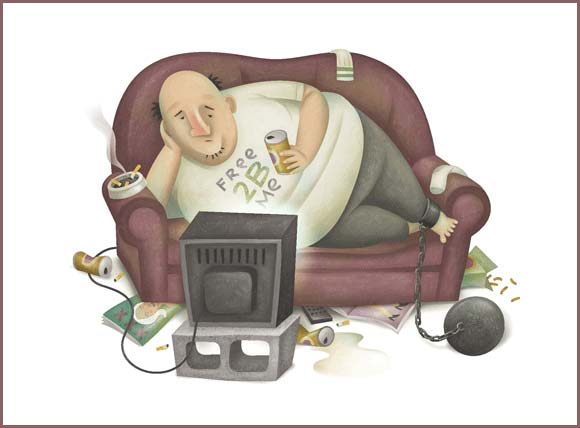
“Every human being is the author of his own health or disease.”
The quote “Every human being is the author of his own health or disease” attributed to the Buddha carries a profound message about personal responsibility and the interconnectedness of our actions and well-being. Here’s an elaboration on its meaning:
The quote suggests that individuals are ultimately responsible for the state of their health, both physical and mental. It emphasizes the role of personal choices, actions, and attitudes in shaping one’s well-being. Rather than seeing health or disease as solely determined by external factors or circumstances, the Buddha highlights the power and agency of each individual in influencing their own health.
“Author of his own health or disease” implies that our lifestyle choices, habits, thoughts, emotions, and behaviors significantly impact our overall well-being. By engaging in healthy practices such as proper nutrition, regular exercise, adequate rest, and positive mental attitudes, we can contribute to our own health. Conversely, engaging in unhealthy habits, such as a sedentary lifestyle, poor diet, excessive stress, or negative thought patterns, can contribute to the development of disease or imbalances in the body and mind.
This quote aligns with the understanding of health in many traditional systems of medicine, including Ayurveda and Traditional Chinese Medicine, which emphasize the importance of maintaining balance and harmony within oneself. It acknowledges that our actions and choices can either support or undermine this balance, leading to health or disease.
However, it is crucial to note that this statement does not imply that all health conditions or diseases are solely the result of individual actions or choices. External factors beyond our control, such as genetic predispositions, environmental influences, or accidents, can also impact our health. Additionally, some illnesses require medical intervention and treatment that go beyond personal responsibility alone.
In essence, the quote by the Buddha serves as a reminder of the significant role we play in shaping our own well-being. It encourages individuals to take an active role in caring for their health by making conscious choices that support physical, mental, and emotional well-being. By recognizing and embracing our own agency, we can strive towards a healthier and more balanced life.
